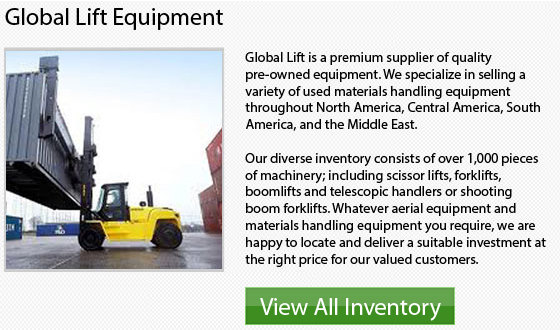
Whether you are thinking of expanding your business fleet of forklifts or if you are just starting with your very first lift truck, the number of choices which go into choosing a used or new forklift can be overwhelming. There are numerous options such as electric units, IC or internal combustion engines or the latest hybrid lifts. Making time to review your requirements and get what you want out of your machine so as to facilitate loading and unloading applications for your warehouse or dock is really essential.
The upfront costs are of course a major consideration when making a huge purchase. The long term operating expenses of the forklift also need to be considered. For example, keep in mind that your biggest expense in this specific category is going to be the cost to fuel and run your forklift.
Amongst the existing IC lift trucks on the market nowadays, the diesel unit tends to provide some of the least expensive fuel and operating expenses. These forklifts could easily out-power and out-lift your typical electric lift truck.
Similar to all lift truck units, there are many advantages and disadvantages associated with diesel forklifts. The following is a brief guide for purchasing diesel lift truck units in order to help you cut through the confusion and help determine the unit best for all your requirements. By knowing about the possible pitfalls, you would be prepared to make a wise purchase.
More than likely the largest benefit enjoyed with diesel forklifts is their low operating cost. Usually, diesel is the cheapest fuel option for internal combustion lifts. Even if electric lifts are cheaper in the long run, they don't necessarily work the best outdoors.
Conversely, though diesel lift trucks are ideal for outdoor applications, they can't be used correctly indoors. The emissions from a diesel model could be hazardous if not correctly ventilated in an indoor warehouse. Additionally, diesel forklifts are a lot louder compared to their emission-free electric counterparts.